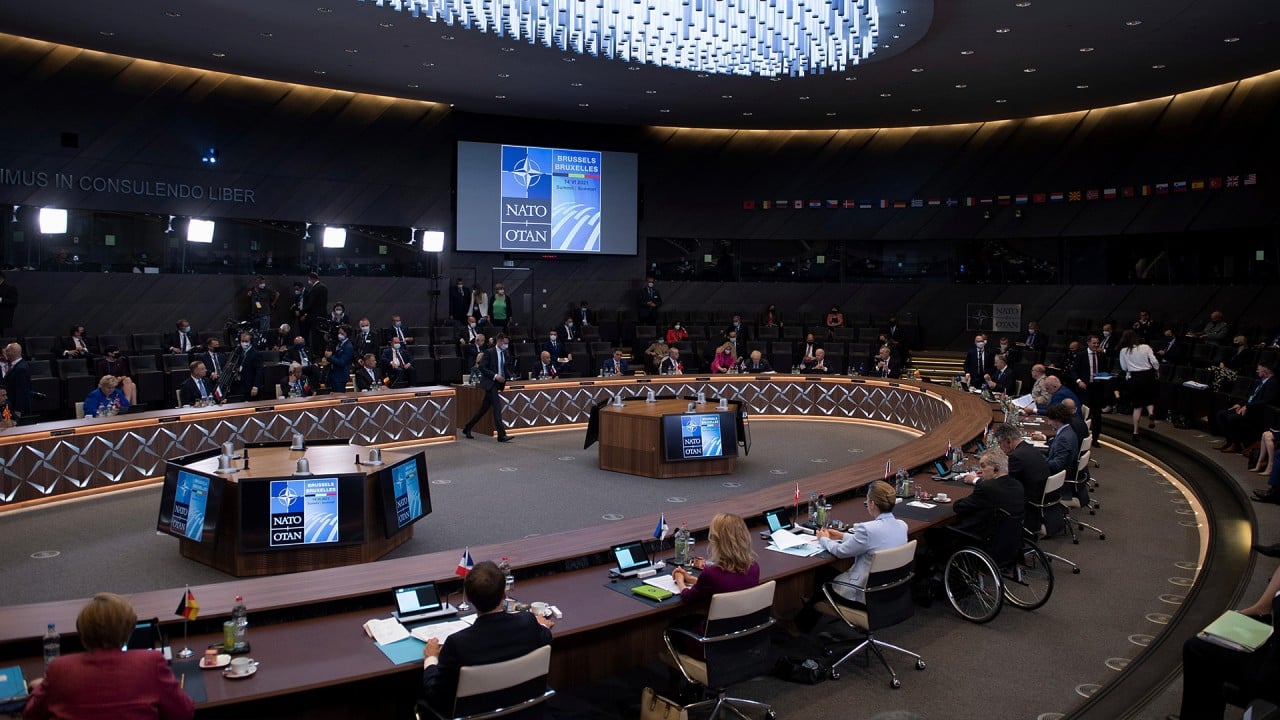
Despite war, climate fears and economic woes, life really is getting better
- Beyond what the crisis-obsessed media may report, the world is actually making steady progress against poverty, illiteracy, disease and more
- More than anything, we should rely on a fact-based world view rather than the fact-free bigotry incubated across much of social media
When the fog of global gloom gets too hard to bear, my thoughts often flicker back to Monty Python’s 1979 epic Life of Brian and Eric Idle tied to a cross in Golgotha singing: “Always look on the bright side of life”.
But there are more constructive ways of clearing the gloom. Harvard psychologist Steven Pinker wrote in late December 2019, on the cusp of a new decade, of seeking “a ray of optimism to pierce the gloom of the daily headlines”. “Progress is a historical fact,” he said. “Over the past seven decades, humans have become (on average) longer-lived, healthier, safer, richer, freer, happier and smarter, not just in the West, but worldwide.”
More valuable therapy comes in Hans Rosling’s 2018 book, Factfulness: Ten Reasons We’re Wrong About the World – and Why Things Are Better Than You Think, published almost a year after his death from pancreatic cancer. “Step-by-step, year-by-year, the world is improving. Not on every single measure every single year, but as a rule,” he wrote. “Though the world faces huge challenges, we have made tremendous progress. This is the fact-based world view.”
Rosling was thorough in explaining why so many people think the world is more frightening, more violent and more hopeless than it really is.
Despite famine reports, he noted that since 1960, average harvest yields of cereal crops have tripled. And 90 per cent of girls worldwide received at least primary school education, compared with 65 per cent in 1970.
He complained of our temptation to divide the world into “us and them”, rich and poor, developed and developing, good and evil – and to prefer the simple (and false) to the complex (but true). Look at former US president Donald Trump’s complaints of the rest of the world ripping off America, or of current US President Joe Biden’s misplaced efforts to group the world into democracies and autocracies, friends and enemies.
By resisting populist stereotypes, and what seems to be an urge to blame others, the basis for many conflicts worldwide would evaporate.
Neither Pinker nor Rosling accept that they are naive or overly optimistic – Rosling called himself a “possibilist”, not an optimist. Pinker insisted: “I am confident of one thing: the 2020s will be filled with problems, crises and discord, just like the decades before and after.”
More than anything, they call on us to rely on a fact-based world view rather than the fact-free bigotry incubated across much of social media. A good rule of thumb seems to be the quiet, stoic British view: keep calm and carry on.
David Dodwell is CEO of the trade policy and international relations consultancy Strategic Access, focused on developments and challenges facing the Asia-Pacific over the past four decades


